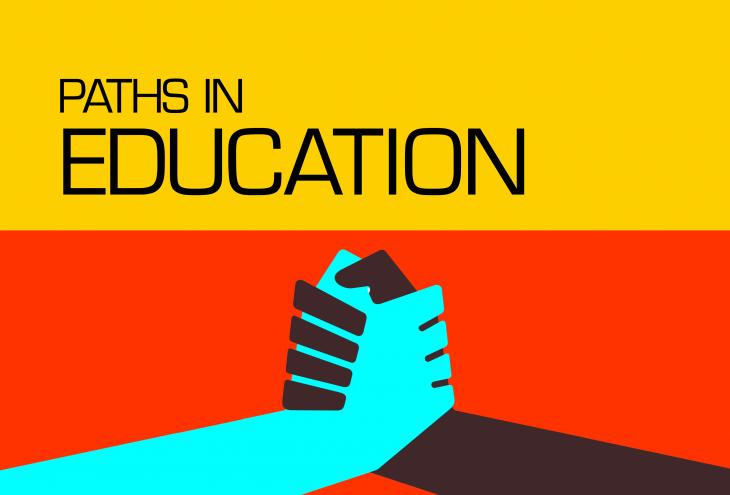Whether you’re a pre-college student or a post-doc, you’re not traveling solo. There are many people ready to offer advice, academic help, even tips on finding money for school. In the case of some of these people — who actually work for your school — their job is to get you whatever help you need.
But for any kind of counseling or advising, it’s important to understand that the responsibility for success is a shared one, involving both the student and the advisor. You need to know when you could use some help, come to your appointment prepared with questions, and be honest about where you are and where you want to go. And the counselor needs to have the background, skills, and insight to guide you. But ultimately, the responsibility for the direction you take is yours — what you do with the advice you get is your decision.
If you’re attending a university or large high school, there’s likely to be a deeper bench of counseling resources available, including specialists on staff in areas like academic or adjustment (social-emotional) counseling. But even if you’re at a small school with no dedicated counselors, there will be teachers, some with specific training, who are ready to help with
these kinds of concerns.
Here are some of the things professional counselors can do for you and the kinds of help they offer. Don’t hesitate to ask for their guidance — they are there for you.
Academic Advice
The point of academic advising is to help you reach your educational goals. These counselors know what resources are available — as well as the school’s policies, procedures, and requirements — and can help you understand how best to reach your goals. Even if you don’t have a question, it’s a good idea to check in with your academic advisor or guidance counselor to be sure you have the bases covered. Do you have enough credits to graduate on time? Will the courses you plan to take be offered when you need to take them? And then there’s the help they can provide when it comes to problems with courses. Where can you find extra help if you’re feeling challenged? Are you having difficulties with a particular teacher? Start solving those problems by reaching out to your academic counselor.
College Counseling
College counselors are available in both high schools and colleges. A subset of academic counseling, college-specific guidance offers help with admissions, access, and affordability. A college counselor can suggest colleges that would be a good fit for you and help you understand the application process. Admissions counselors at the college can give you detailed information about the school and may also help with paperwork and financial aid.
Career Counseling
At the high school level, career advising is often handled by guidance counselors, who also may offer academic and adjustment (social-emotional) counseling. Most colleges have a separate career services office staffed with specialists who can help you navigate the world of work.
Social-Emotional Counseling
When students are experiencing personal issues, which could be anything from a family problem to test anxiety to grief over the loss of a loved one, a counselor can be of significant help. These caring professionals have experience guiding students through all kinds of issues, and have many resources they can call upon.














